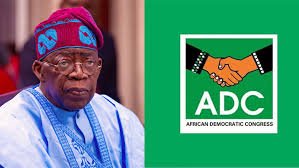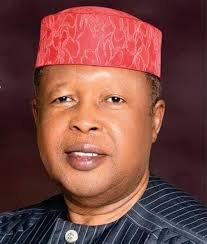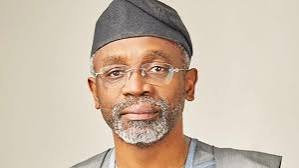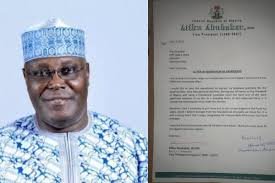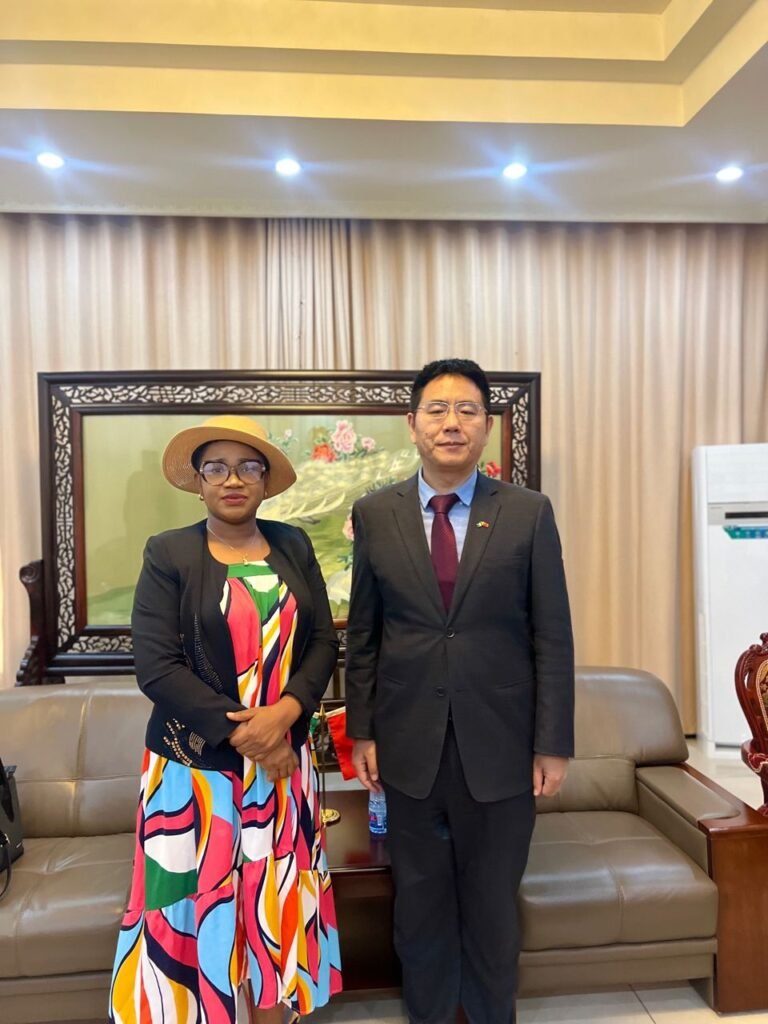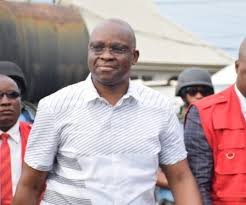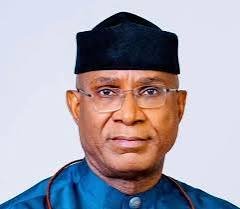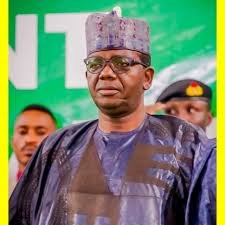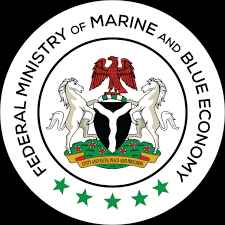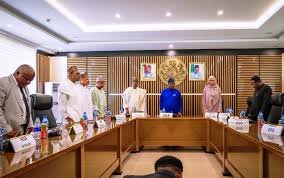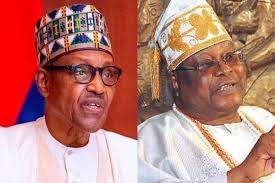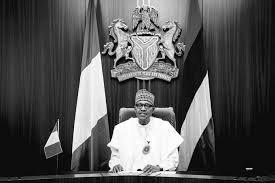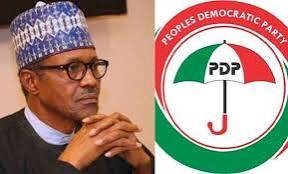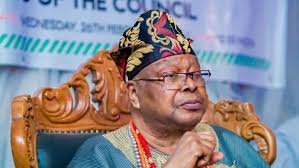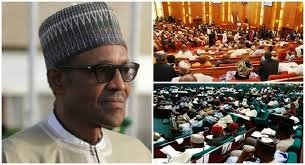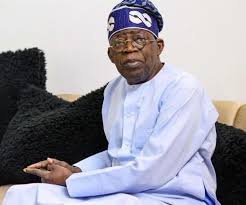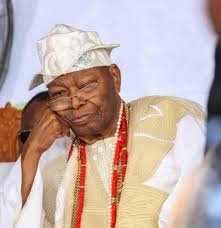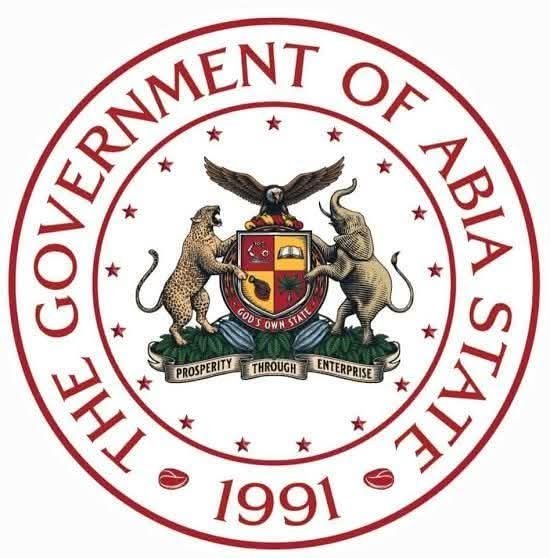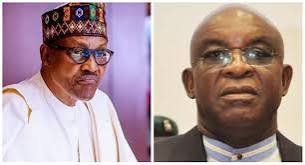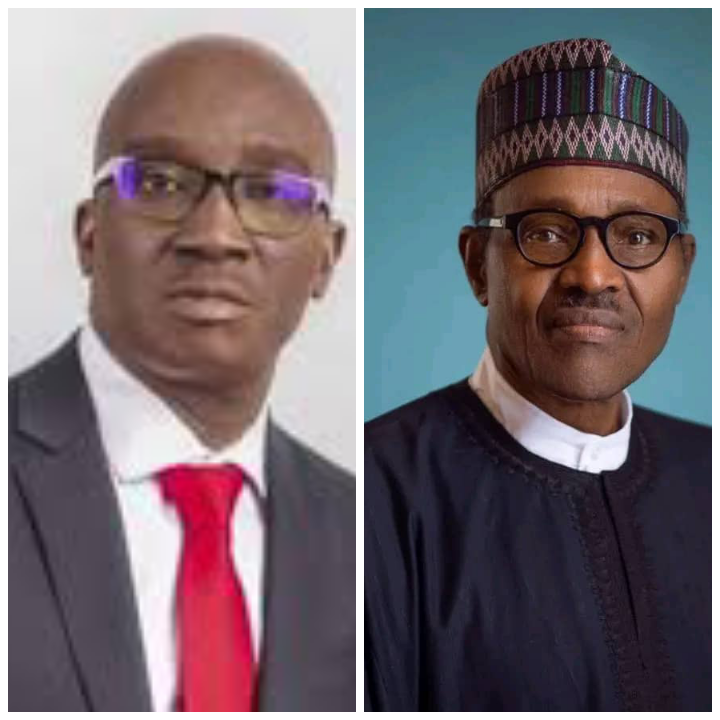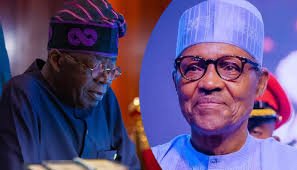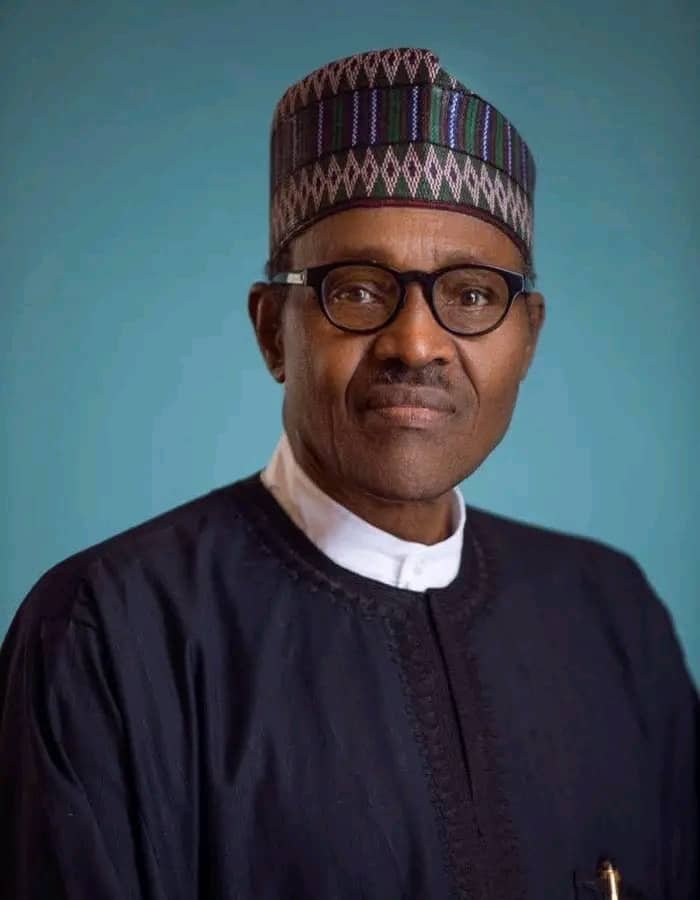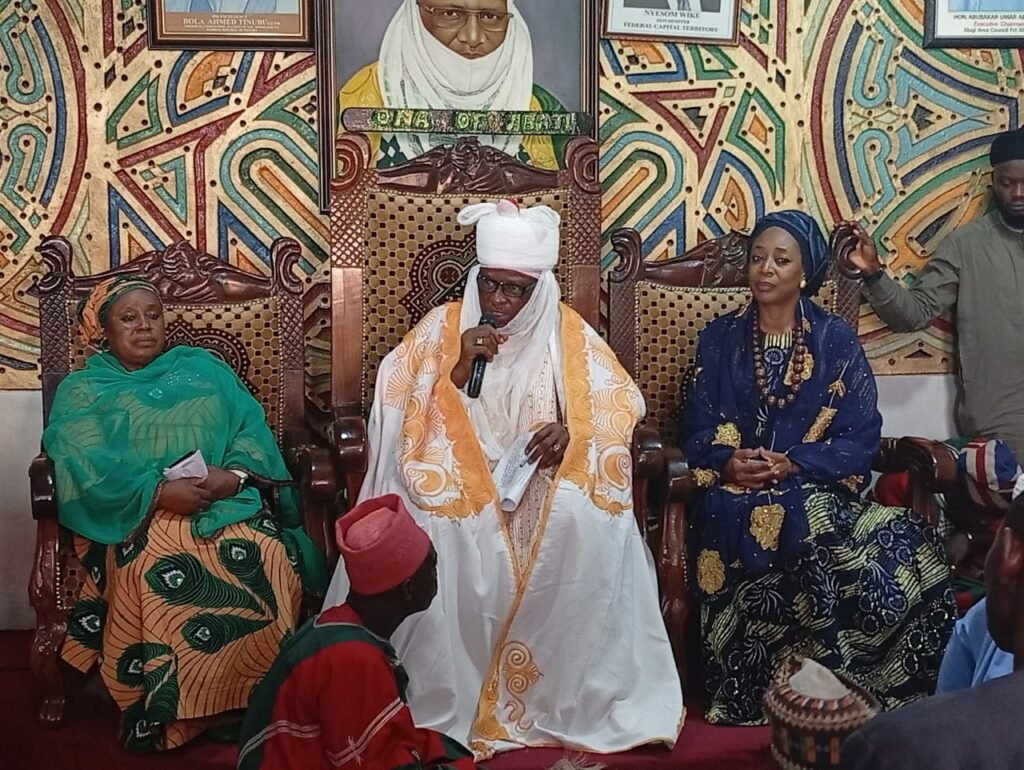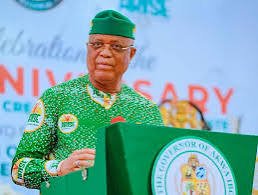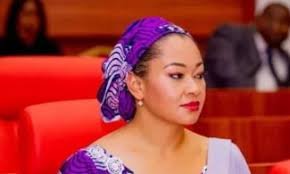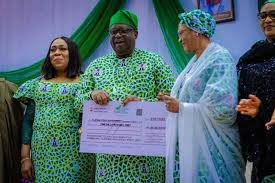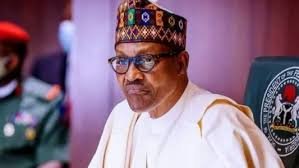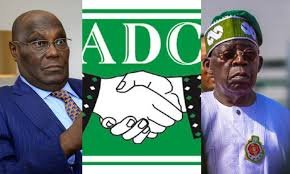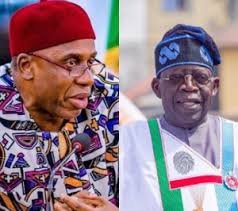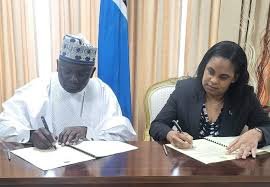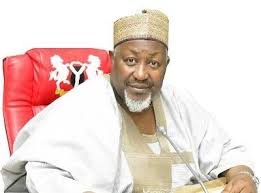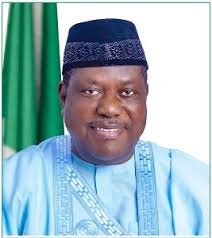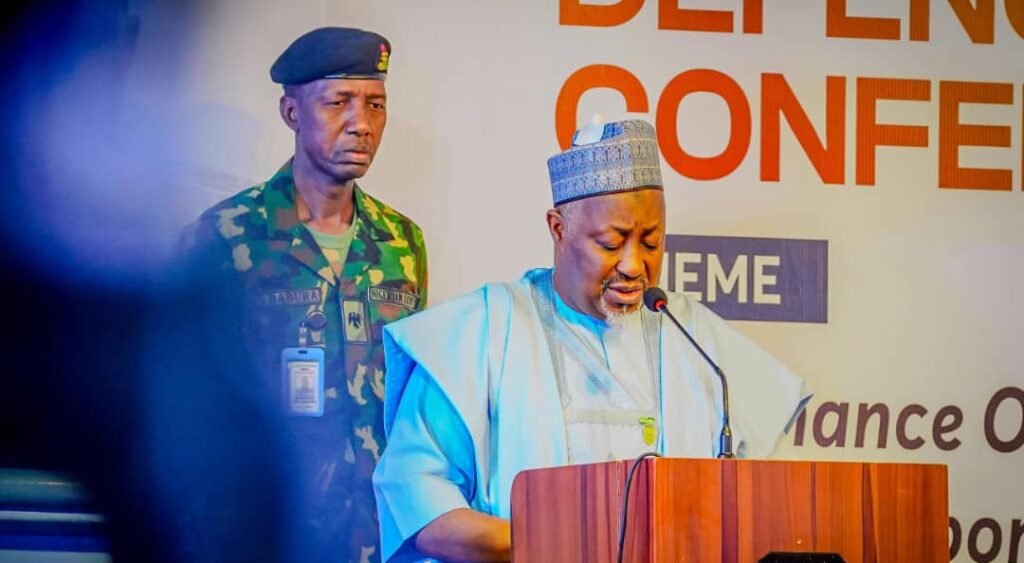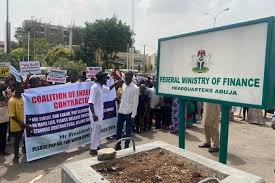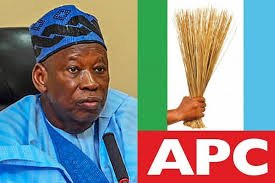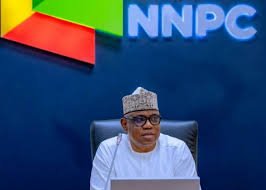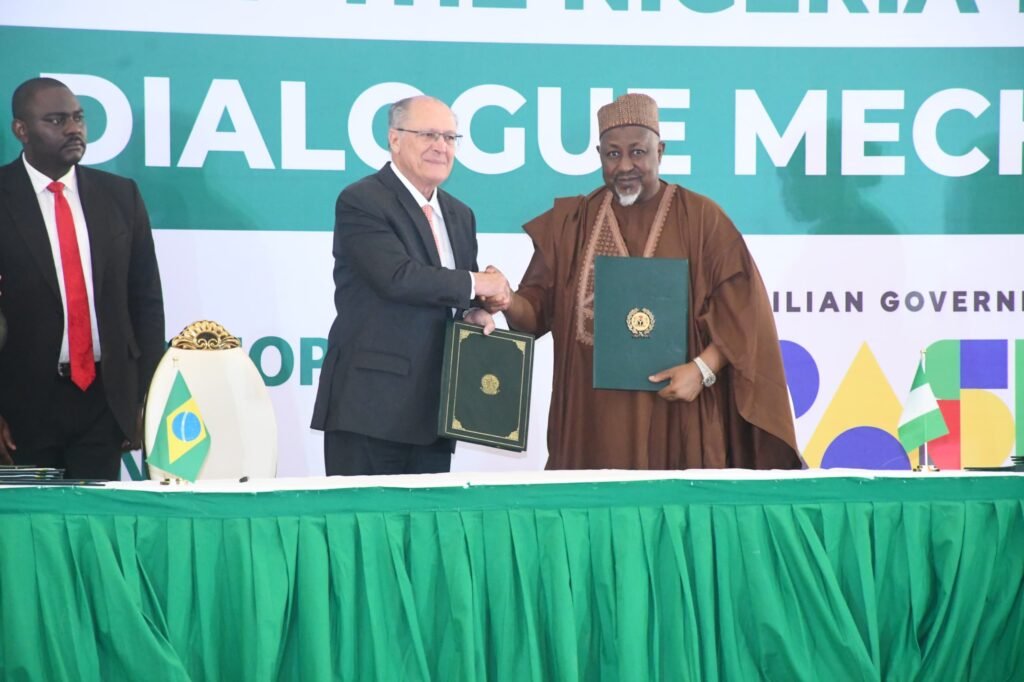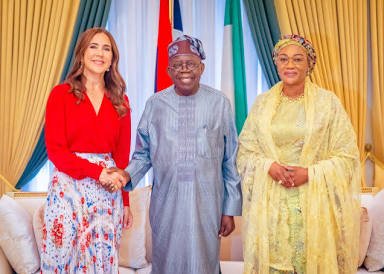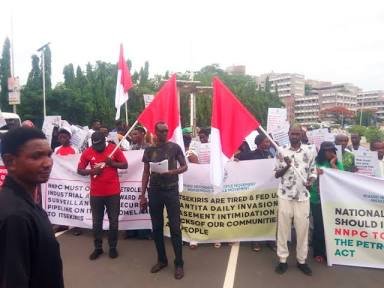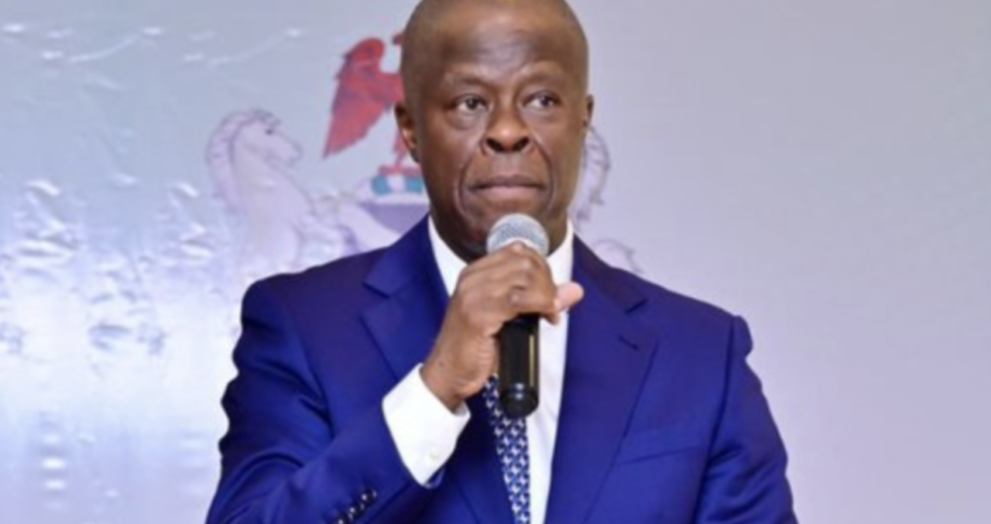CBN’S ECONOMIC REFORMS WIN IMF PRAISE AMID SIGNS OF DURABLE RECOVERY
By Dr. Ibrahim Modibbo After years of economic volatility and uncertainty, the International Monetary Fund (IMF) in its latest Article IV Consultation affirmed a new reality about Nigeria’s economy under the Tinubu administration. The IMF declared in clear terms that Nigeria is making meaningful progress following a series of significant structural reforms to restore financial discipline and credibility. The IMF commended the Tinubu administration for its bold and politically difficult policies that have improved macroeconomic stability and enhanced resilience. The multilateral financial institution named the critical pillar of Nigeria’s economic reset and resurgence as the restoration of the independence being enjoyed by the Central Bank of Nigeria (CBN) under Governor Yemi Cardoso. Reeling from years of excessive fiscal influence for deficit financing, the Central Bank of Nigeria has under Cardoso curtailed the use of the “ways and means” facility, which ought to be an emergency funding channel, but was abused and eventually led to the advances ballooning beyond statutory limits. As of April 2025, the CBN had cut the advances by nearly 90 percent, demonstrating what the IMF called the “discontinuation of deficit monetisation” and a step to “strengthen central bank governance to set the institutional foundation for inflation targeting.” Also, the IMF acknowledged that the CBN’s commitment to price stability is yielding tangible and positive results, with headline inflation having peaked above 40 percent, dropping to 22.9 percent in May 2025. Specifically, the IMF noted that the CBN is “appropriately maintaining a tight monetary policy stance, which should continue until disinflation becomes entrenched.” Another plus, that the IMF identified are the reforms initiated by the apex bank in the foreign exchange market that supported price discovery and liquidity. Commendably, the CBN, under the leadership of Governor Cardoso, had dismantled the long-standing multiple exchange-rate regime, replacing it with a “willing-buyer, willing-seller” framework supported by a digital trading platform (B-Match). The results have been anything but transformative. As the IMF noted, “gross and net international reserves increased in 2024, with a strong current account surplus and improved portfolio inflows.” It added that the FX premium, or what is understood as the gap between the official and parallel markets, has fallen from over 60 percent to below 3 percent. This has resulted in foreign inflows surging to $6.9 billion in Q1 2025, while external reserves climbed to a peak of $40.9 billion at the end of 2024, providing over eight months of import, well above benchmark thresholds. The IMF attested that “reforms to the foreign exchange market and foreign exchange interventions have brought stability to the naira.” In January 2025, Nigeria successfully made a remarkable re-entry to the Eurobond market, its first issue in four years, reflecting, according to the IMF “a strengthened investor confidence and a resumption of portfolio inflows.” The IMF further gave a nod to the CBN’s policy initiatives to strengthen the banking system, including the ongoing process of increasing the’ minimum capital of commercial banks. The international finance institution endorsed the CBN’s efforts to boost financial inclusion and promote capital market development. It admitted that the CBN’s recapitalisation plan will see the minimum capital of banks increasing significantly by March 2026. This move is designed to ensure banks can absorb future shocks, deepen credit access, and support the Tinubu administration’s vision for a $1 trillion economy. Simultaneously, the Governor Cardoso’s led CBN is expanding access to banking services for previously excluded demographics, through digital platforms and financial literacy programmes, such as the Women’s Financial Inclusion Initiative (Wi-Fi). According to the IMF assessment, the Fund welcomed the progress made by the CBN in strengthening the AML/ CFT framework, it’s anti-money laundering policies and the dedication in combatting the financing of terrorism. It commended the resolve of the apex bank in tackling the remaining weaknesses that will allow Nigeria exit the FATF grey list, a designation for jurisdictions under increased monitoring by the Financial Action Task Force due to gaps in their anti-financial crime regimes. Further significant challenges remain. Inflation, though declining, remains a burden. Infrastructure deficits, insecurity, and fiscal slippages could derail progress. The Fund “highlighted the importance of tackling security, red tape, agricultural productivity, infrastructure gaps, including boosting electricity supply, as well as improved health and education spending, and making the economy more resilient to climate events.” In spite of all the positives recorded by the CBN under Cardoso, the IMF said more work needs to be done to ensure that the country establishes a strong foundation for sustained and inclusive growth. It advocated the tightening of fiscal, monetary and exchange rate reforms that have contributed to macroeconomic balances. The IMF also noted that in light of the challenges posed by an evolving global economic landscape, the CBN needs to put in place a nimble policymaking framework to navigate the fast-moving and volatile environment, including maintaining a strong policy coordination and communication. Reflecting on the IMF report, Cardoso commented, saying “at a time of global uncertainty, this assessment reaffirms that responsible, forward-looking policy choices matter. It affirms that Nigeria is regaining credibility, anchoring expectations, and laying the foundation for inclusive, long-term growth. It is both an encouragement to stay the course, and a reminder that resilience and prosperity require continued discipline and vision.” Similarly, the Minister of Finance and Coordinating Minister of the Economy, Wale Edun, while reacting to the IMF assessment, echoed Cardoso’s optimism, rgarding the ongoing reforms and the progress achieved over the past two years. He said “these reforms have contributed to notable improvements in Nigeria’s fiscal and external positions, bolstering investor confidence and strengthening the resilience of the economy.” The finance minister welcomed the IMF’s acknowledgement of advancements in the agricultural sector, particularly increased food production, which has contributed to moderating inflation. “As of May 2025, headline inflation eased to 22.9%, while food inflation declined to 21.4%—both improvements from the higher levels recorded during the IMF mission. IMF’s positive outlook, affirms that Nigeria’s economic reforms have positioned the country to better withstand external shocks,” Edun added, giving credence to the remarkable achievements recorded



















































